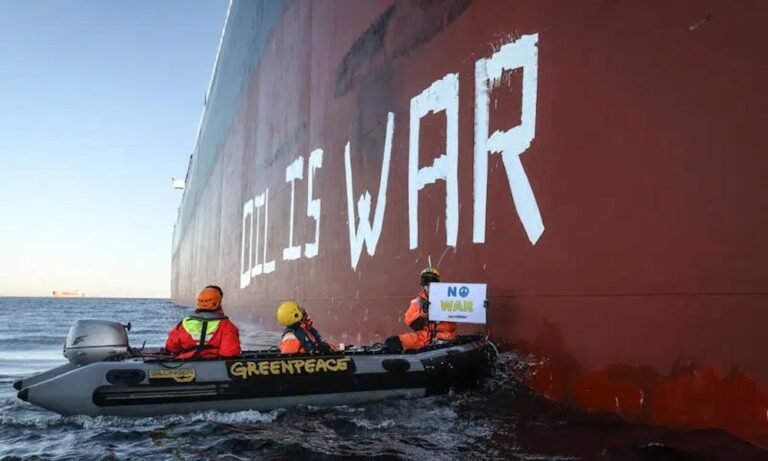The UK Leads Tanker Sanctions Campaign Against Russia
The United Kingdom continues to play a leading role in the international sanctions campaign targeting Russia’s tanker operations. Prime Minister Keir Starmer announced on Wednesday that an additional 20 tankers have been added to the UK sanctions list. This move comes after recent collaboration with several north European countries to disrupt the insurance coverage of vessels traveling from Russia through the Baltic Sea and the English Channel, as reported by Splash.
With the latest additions, the UK has now sanctioned over 100 ships involved in transporting Russian energy, including 93 oil tankers, surpassing all other nations in terms of sanctions imposed.
Prime Minister Starmer emphasized that these new sanctions are aimed at increasing pressure on Putin’s “stalling war economy,” reflecting the UK’s commitment to holding Russia accountable for its actions.
International Efforts
On Monday, the European Union also escalated its sanctions by blacklisting 52 additional tankers, following a previous list of 17 vessels. Combined with the actions taken by the US and the UK, the total number of sanctioned tankers has significantly impacted Russia’s ability to export energy.
According to vessel tracking data compiled by Bloomberg, 68 out of the 106 crude oil tankers sanctioned since October 2023 have not loaded any cargo post-sanctions. This disruption in operations highlights the effectiveness of the coordinated international efforts against Russian tanker activities.
Impact on Tanker Fleet
Despite the slowdown in tanker operations due to sanctions, the so-called “grey fleet” continues to expand. Research from BRS indicates that approximately 10 new tankers are added to the fleet each month, bringing the total number of vessels to 850, which now represent 9.1% of the global tanker fleet.
The ongoing sanctions and collaborative measures by the UK, the EU, and other allies underscore the international community’s resolve to hold Russia accountable for its actions, particularly in the energy sector. As the sanctions campaign intensifies, the impact on Russia’s economy and energy exports is expected to grow, further isolating the country on the global stage.

